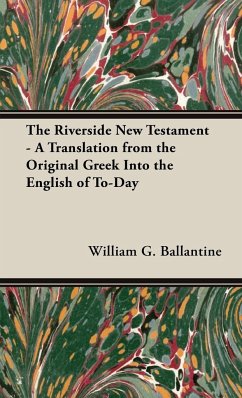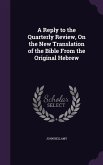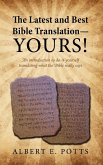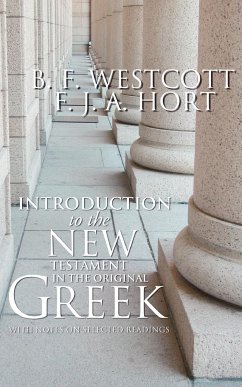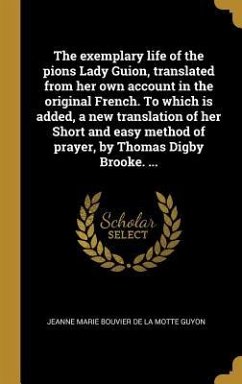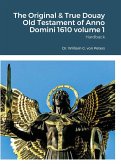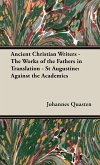THE RIVERSIDE NEW TESTAMENT. PREFACE: THERE are millions of people who understand no language readily except the living English of to-day. Surely they ought to have the New Testament the most important of books in that language. The majesty and beauty of the old King James Version the Westminster Abbey of English literature should not blind us to the fact that, for inquirers eager to know the divine message, it is three hundred years behind the times. Since King Jamess day the tireless researches of scholars have given us a more correct copy of the Greek original and a clearer under standing of its meaning than our forbears possessed. Then, too, in the course of these centuries the English language has gone on changing, until now many words once familiar have been long forgotten and many still in use have taken on new significations. Present-day readers of the old version meet with many sentences that convey to them no meaning at all or a meaning that is mistaken. As long as fifty years ago, it was recognized that the situation had become an impossible one, and the Convocation of Canter bury led off in the movement for revision. Out of this came the English Revised Version of 1881 and the American Revised Version of twenty years later. But these revisions did not aim to be more than revisions. They corrected faulty details while leaving the broad fundamental disadvantages untouched. Common people never could be much interested in them. To meet the present urgent need a number of translations Into modern English have recently been put forth Some of these are of great merit, and yet every one of them seems to leave something still to be desired. The present attempt sees the light much as St. Lukes Gospel did. Inasmuch as many others have been trying their hands at the task, it seemed good to me also having devoted many years to Biblical studies, to offer my contribution In fact a profound sense of obligation compelled it. For whoever enjoys the privilege of knowing divine truth is a debtor to all who use the same language. This translation has been made directly from the original Greek, Nestles text being generally followed. In the English phrasing originality has been neither sought nor shunned. The translator owes much to The Twentieth Century New Testament, Weymouths New Testament in Modern Speech, and Moffatts New Translation of the New Testa ment and of course to the Revised Versions and the old King James Version. How freely he lias departed from any and all of these a slight examination will show. The ideal of a translator is to serve as a plate-glass window through which the man who does not read Greek will see in English just what he would see if he did read Greek. But the realization of this ideal is far from possible. Changing the figure, we may say that to translate from one language into another is like playing on the piano what was written for the violin. The fundamental melody may be faithfully reproduced but many subtle effects which the composer intended are inevitably lost, and effects which he did not intend are added. The effort to reproduce Greek overtones has led to inueh un natural straining of the English language in all of our versions No one knows better than a translator himself how far his work falls short of perfection, and how open it is to jmt criticism. Many defects spring from the vary nature of what is attempted. No one can avoid them. But defects due to ignorance or oversight can bo corrected in future editions, and the translator will be most grateful to have his attention called to them by any of his readers. Proper names have been left as they are in the American Revised Version. Whimsical and haphazard change in uamoa are unscholarly in themselves and annoying to readers a the use of maps and works of reference...
Hinweis: Dieser Artikel kann nur an eine deutsche Lieferadresse ausgeliefert werden.
Hinweis: Dieser Artikel kann nur an eine deutsche Lieferadresse ausgeliefert werden.

